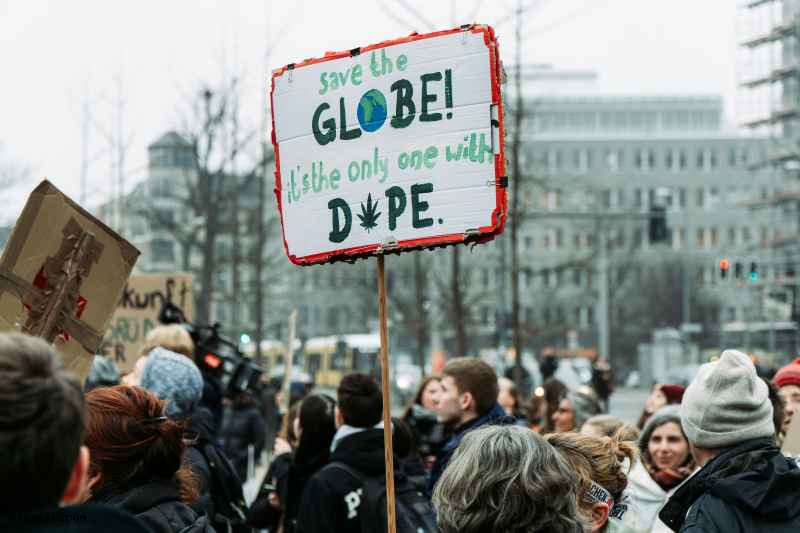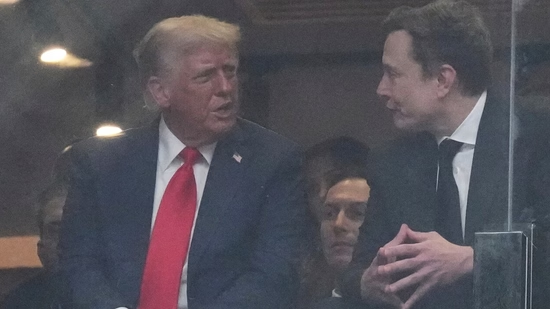Since Germany partially legalized cannabis in April 2024, Berlin has quickly become Europe’s most exciting market for legal weed. The city is buzzing with activity as entrepreneurs, lobbyists, and former black-market dealers navigate a rapidly growing but complex industry.
The new cannabis economy in Berlin is thriving. Over 100 cannabis social clubs have applied for licenses, although only about 30 have been approved so far. Many former dealers are going legit, opening legal stores and paying taxes. Meanwhile, a gray market is flourishing, with shops selling CBD and wellness products that exploit legal loopholes.
Several groups are cashing in on this boom. Lobbyists like the German Hemp Association helped push legalization and now advise politicians on new rules. Big pharmaceutical and agricultural companies are positioning themselves for full commercial legalization expected by 2026. Former dealers turned entrepreneurs openly run delivery services, sometimes advertising on platforms like Telegram. Real estate in neighborhoods like Neukölln and Kreuzberg is in high demand, with rents soaring as cannabis businesses compete for storefronts.
However, legalization brings challenges. The influx of cash-heavy businesses raises concerns about money laundering. Police struggle with enforcing new laws, especially around public consumption. Activists fear small growers will be pushed out if large corporations dominate the market.
While Berlin attracts cannabis tourists, it’s not exactly like Amsterdam. Coffee shop-style sales don’t exist yet, clubs are limited to 500 members, and advertising is banned.
Looking ahead, if Germany fully legalizes commercial cannabis by 2026, Berlin could become Europe’s cannabis capital. But success depends on keeping the market fair, transparent, and free from monopolies. As one policy expert says, “This isn’t just about getting high—it’s about who controls a billion-euro industry.”




